
Due to global changes in the political picture of the world, cooperation in the field of art with colleagues from Europe and the USA has significantly decreased, but Russia is opening up new horizons, and other countries are getting acquainted with Russian culture, says People's Artist of the Russian Federation, jazz musician Igor Butman. In the interview, he also spoke about disappointment in Western politics and his position, new talents and trends in jazz art, creative plans and future projects. Interviewed by Daria Medvedeva.
– Igor Mikhailovich, the First International Jazz Festival in St. Petersburg ended on July 28. How do you assess it, what are the first results we can draw? Can we say that the event was a success?
– The main thing for us was that in addition to the participation of a large number of musicians, many people came to different venues, both free and paid. We wanted people to come and like it. Judging by the enthusiastic reviews, we succeeded: our musicians thank me, thank our entire team for making such a festival. It gave the opportunity to perform, communicate, attend various meetings with foreign guests, master classes with both stars and legends, and with young musicians. The spectators who came to the Yusupov Garden saw a huge variety of different styles, there were many jazz artists and those close to this style, who presented special programs: among them were L’One (Levan Gorozia), pianist Gonzalo Rubalcaba, Fantine (Fantine Maria Pritula), Ildar Abdrazakov, Billy Novik, Igor Sklyar. Our guests from Thailand, Turkey, Indonesia also came. The audience was delighted, every day there were more and more people at the venues. Saint Petersburg lives with jazz. The city has long been waiting for such a large-scale event, uniting all musicians and jazz lovers, Petersburgers and guests of the northern capital.
– How did the idea of creating such a grand musical event come about? Who supported it, with whom did you begin the journey from idea to its implementation?
— You know, we communicate with people, we see for ourselves, we often visit St. Petersburg. Another of our festivals, «Triumph of Jazz», has been held here for many years on one day — accordingly, we see what interest there is in jazz in the country, in our concerts, which are held in my jazz club, and here in the Philharmonic, and in other halls. We see that there is interest, there is demand for this kind of art, for good mass cultural events. The city administration, headed by Governor Alexander Beglov, is happy to accept good ideas. Moreover, having tested this festival format in Moscow, we are convinced that it really works, that it is interesting, that people gather everywhere.
Also in the summer there is the oldest jazz festival «Swing of the White Nights», it is performed by the star of the concert dedicated to the closing of the St. Petersburg Jazz Festival, the legendary David Goloshchekin. There is no such thing as too much jazz, so it is a very good initiative to make such a festival in St. Petersburg at several venues. New interested venues have already contacted us, we have met with the director of Peterhof. There you can hold a festival, in Oranienbaum you can do excellent concerts. There are many tourists in the city, they are all greedy and hungry for good, high-quality, interesting musical events. Today's level of Russian jazz allows us to make such large festivals, and quite often.
– What are your , as the founder, what are your plans for the next season? Perhaps there are already new ideas that require implementation?
“We watched the work of all the sites and traveled around the city. Arts Square is a wonderful place, there are always a lot of people there. Lake Dolgoye is a new site, not so close, but also interesting. There is also Kronstadt, Kurortny district in the Leningrad region, Peterhof, Tsarskoe Selo. We have enough artists to perform at different venues, we need support, because almost all such concerts that will take place, say, somewhere outside the city, they should be free. To do this, we must convince the government, partners, sponsors that this is interesting, profitable and widespread.
– According to festival artist Varvara Ubel, such festivals provide “new blood” and also provide an opportunity new genres appear on stage. The festival's lineup of artists is very diverse; it unites jazzmen, opera artists, and rap performers into one whole. In your opinion, how has jazz changed?
– Varvara Ubel has her own group, which cannot be called purely jazz, but she is one of the best young jazz singers in the world. She has a wonderful voice, she is a real artist who understands jazz music perfectly and improvises superbly. When I first heard it, I was very, in a good way, surprised, amazed and delighted. Her personal project is such a mixture of all genres, not just jazz. She is absolutely right, we want to make a multi-genre festival. For example, there are people who work in the style of jazz-rock and jazz-rap. Varvara Ubel creates her own style — “Ubel-jazz”. Fantine did a program where she sang Soviet songs and did it in a very original, tasteful way. I think that new songs will also appear, these artists will write them themselves.
– What is happening with this art now and what will its future be like in the next few years?
– There is a tendency to saturate jazz. Although St. Petersburg has a very strong traditional school of jazz, but judging by how many people came to the concerts, it is clear that the audience is ready for everything, just like in Moscow, Irkutsk and other cities. Moreover, talents that are growing, they exist in a different musical environment, they already have different musical tastes, so these new trends, new feelings also need to be attracted to jazz. The main thing is that the main components do not go away: spontaneity, improvisation, joy that jazz brings.
– Of course, the whole world has changed, this is due to the political situation. These changes have affected the cultural sphere as well. Two years ago, you said that you did not want to set up your friends, foreign musicians, and also that it is necessary to give them the opportunity to understand the situation. Two years later, have people understood the situation?
– It has become more difficult. The situation with musicians is very difficult at the moment. Many of them come to Russia, and then, as a result, their concerts in other countries begin to be cancelled. This does not apply to all countries, but our Polish colleagues, the Baltic and Baltic countries behave simply indecently. It seems to me that musicians, and especially in jazz, should have some kind of brotherhood. Each such “obstruction” of musicians in terms of what he played there or not there is very difficult for the very understanding of jazz as world music. Moreover, this is done by people who themselves either do not know how to play, or play poorly, or they are simply very offended by life. These people do not help the world, do not help in finding compromises or resolving any issues. They make the lives of our colleagues miserable — and not everyone can cope with such pressure. I am disappointed in this policy.
– What is the picture in relations with foreign artists?
— Of course, many colleagues say that we don’t care about their opinion, we will come, we are free people, and they come. We do not invite musicians who express a clear position against the Russian state, against Russian politics. If they take a neutral side: they are just musicians who simply perform at concerts, at festivals and simply give people joy from their creativity — we are always glad to see them. Where there is brotherhood, there is an understanding that this is important, that it has nothing to do with nationalities and conflicts — an example is the National Hockey League or professional tennis tournaments, where absolutely no one looks at who is from what country.
I have my own clear, firm position, which is expressed in the fact that I am with my country and I support everything that our president Vladimir Putin does. This irritates our opponents. If I support the president, this does not mean that I am against other countries. I do not speak out against other countries, against people, against those who can find the right and correct solutions to end the conflict through dialogue.
– You perform abroad very often. How, for example, do they greet Russian musicians in Europe or the USA? Has anything changed in the attitude of foreign audiences?
— We are not performing in Europe now. We last performed in the US in December. They are very welcoming. But there are people who come out to protest, stand and shout at the concert guests. But this has been the case since 2014. All the concerts in America and Germany were held with the participation of some stupid people who stand with posters and say that we are «jazzing in war» without any understanding that they are inciting hatred. We are trying to bring love, beauty, which are given by the powers above, by our involvement in music and dedication to this cause. What were they trying to achieve? I don't know.
They just found another «stage» at the expense of my talent, at the expense of the talent of my musicians. Some failed musicians stand there, some activists who protest against us for money. But now we don't go there, because many people simply don't want provocations, especially promoters, managers of concert halls, because activists write, sometimes threaten. They shot at Donald Trump, but what can we say about us?
— In 1983, you performed in Donetsk in the concert hall «Ukraine» with the orchestra of Oleg Lundstrem. Now you are actively promoting the jazz direction throughout Russia, festivals are held in Moscow, St. Petersburg, Sochi. Are there any plans to create a jazz festival in new regions of Russia?
– I was there in 1980-1981 with David Goloshchekin, a few more times in Soviet times, and then in 2000, when I had just assembled the orchestra, we came to the festival. There was a famous festival there, very good concerts, with the best jazz stars of the USSR. It was not international, but all the stars of domestic jazz performed there, and our former compatriots also came from abroad, including Alexey Zubov.
– When is this planned?
– I remember our performances with such admiration. I think that it is simply necessary to revive this festival there, which was the most famous in the USSR. This will definitely happen when life there returns to normal.
– Many artists and musicians visit new regions, fighters in the SVO zone, to give hope and positivity to those who need it so much in this difficult time. Are you planning to visit these territories and perform there?
– We have not been to the new regions, we should have, but for certain reasons we did not go. We performed for the military in Crimea. There is an airport there, from where our pilots fly out, and we also performed at the Officers' Club. Instead of going to Donetsk, we went there. I also performed at rehabilitation centers and hospitals for SVO soldiers.
– The cross years of Russian and Chinese culture are currently underway. Your Moscow Jazz Orchestra performed in China in May. The event was attended by over two thousand spectators, and online broadcasts were watched by over 50 million people. At the moment, China is a great partner for our country in literally all spheres, including culture. Are you planning joint projects with your Chinese colleagues?
– We have many plans and a great desire to establish cultural exchange. In December, we are planning another trip to China, to Hong Kong. Although December is already very eventful for us, we will go.
I have been and performed in Shanghai several times, we performed in Beijing. We recently performed there in a jazz club, played with our orchestra. So we are going there, we are looking at which of the Chinese jazz musicians we can do some joint programs with.
At the moment, there is one program with a musician from Beijing, he performs under the pseudonym Abu. He came to Russia, we performed with him at International Jazz Days around the world. He was 17 then, now he is probably 24. He studied at the Juilliard School. We played the music of a very popular Russian composer in China and Japan, Nikolai Kapustin. He is a Soviet-Russian composer, all his works are jazz in intonations, jazz in improvisation. They are brilliant, he recorded them — and the result was music for people who want to play jazz, but do not know how to improvise. The music is jazz, superbly written, virtuosic, ready, but he also leaves options. For example, there are so-called digital versions — harmonies, where you can experiment yourself. We played several concerts with Kapustin's music with this wonderful pianist Abu. We hope that we will play again. We have plans for this.
– With which other countries can we expect joint programs?
– Foreign musicians come to us. Although they live in America, for example, Richard Bona performed at the festival in Moscow. He is from Cameroon and lives in Miami. Avishai Cohen from Israel, he also tours a lot. Then they had problems, a lot of people hated them. Gonzalo Rubalcaba lives between Cuba and Florida, often performs all over the world. Musicians from Tunisia performed. Now American guitarist Mark Whitfield said that he does not plan to take into account public opinion and will do what he wants, and he wants to come to Russia.
In general, African-American musicians are more courageous, more free. They have gone through incredible difficulties, they still remember slavery, how they were taken into slavery by the same people who now forbid us to play. They are not against us.
Brazilian musicians are ready to come, Indian musicians are coming, Thai. We have very good relations with Thailand, simply magnificent. This is very pleasing, because it is a great country, small, but very proud, very powerful and has never been colonial.
– Can we say that previously Russia mainly cooperated with Europe and the USA in the music sphere, but now we are opening up new horizons?
– There is some truth in this. Well, you see, every cloud has a silver lining. Now, in the new realities, thanks to all the events, we are being discovered, and we are discovering new countries – and this is beneficial.
Indonesian musicians are very strong. One of the main stars of Indonesian jazz is Joey Alexander, who came to a competition in Odessa at the age of eight, performed in Moscow. The boy played like an adult jazz musician. He is a phenomenon, like our pianist Oleg Akkuratov, one and the same. This boy is now 25 years old, he is a world-class star. Indonesia has a good music school in general. If you go to the resorts of India, Sri Lanka or the Maldives, then on all the islands there are either Malaysians or Indonesians playing — and they play very well. They are very musical, very versatile.
We discovered Turkish musicians when we performed in their country. I studied with very good musicians, people like Aydin Esen, a brilliant pianist. Now their young musicians also come to us. There is one trumpeter whom I invited to join my orchestra, but he is still thinking. We also go there, we are already accepted as the most important headliners, which is very pleasant. When some European and American agents of musicians said: “If Igor Butman comes to Turkey, then we will not come,” the head of the festival in Turkey replied: “Well, don’t come.” But in the end everyone arrived.
These are our new friends, new discoveries. We met the singer, pianist Eylul Ergul — a young girl, very pretty, who struck us as Varya Ubel. She knows music, knows jazz, plays the piano both jazz and classical. I saw her at a concert where she played George Gershwin's «Rhapsody in Blue». She plays Sergei Rachmaninoff. I introduced her to my colleagues in America, she has now started a very, very serious career, has started to grow very seriously. She played at a concert where Andrea Bocelli sang afterwards.
We find the best talents and give them a small start in life. It is an honor and a pleasure that I once spotted her.
– To what extent does jazz need new compositions, is there a deficit? Which composers do you plan to collaborate with?
— We have a lot of compositions that we write ourselves, we need to write even more of them to choose what can be included in the program. In the music show business, there is a concept of a «hit». Of course, it is difficult to «create» it. You can replay your favorite artists, favorite melodies, but not all of them can «go» to the audience as much as some other piece. There is a deficit, of course.
We work with composers, I write myself. But, for example, there is one thing, I try to play it, but it just doesn’t work. Everything is wrong, something doesn’t work out for us, despite the fact that it is recorded on the album, it sounds quite impressive. It means that we haven’t found the key to it yet. Our hit is the interaction of all of us, it is a kind of magic, to which we must subjugate the entire audience. It is not easy every time.
– With the support of the Presidential Fund for Cultural Initiatives, a competition for jazz composers was held as part of the St. Petersburg Jazz Festival. Elizaveta Kaboeva from Rostov-on-Don won in the Jazz Song category with her composition Vo Sne, and Mark Liberzon from Perm won in the Instrumental Jazz Piece category with her composition Make it Funky. Their works will be recorded on the Butman Music label. Are there any other promising names?
– We received over 100 applications for the competition, and for the first time, this is a very good result. We carefully considered each composition, and most of them are interesting with some kind of distinctive, original idea. The choice was not easy.
If we talk about my personal preferences: I really like the music of Andrey Kondakov, a composer and pianist from St. Petersburg. We recorded two albums with him, I like it. But without him, this music doesn’t sound good. We tried to play, but with him it’s good, and without him – not so much. Our pianist Oleg Akkuratov has interesting compositions, but we’ve already played them. I hope that he will write something new. I’ve been playing Nikolay Levinovsky’s music for about 30 years, and his works are included in the repertoire of the Moscow Jazz Orchestra.
For example, there was composer German Lukyanov, it was interesting to play what he wrote: so angular, complex, but very interesting, with a challenge. It takes effort to play something like that. When we performed several of his works in America, it was a success. He wrote several compositions almost every day, but, unfortunately, he passed away. That's why we're currently looking for new great talent.




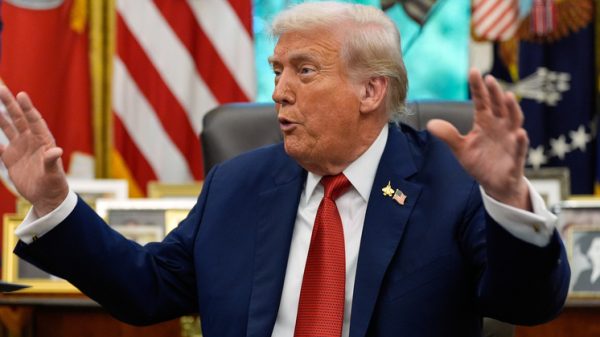




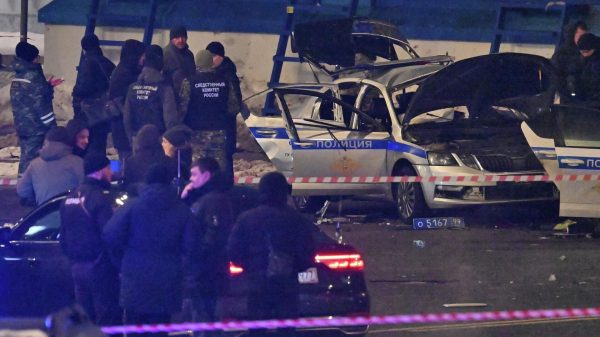
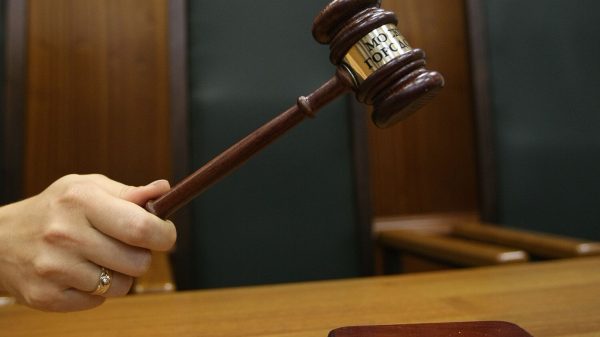
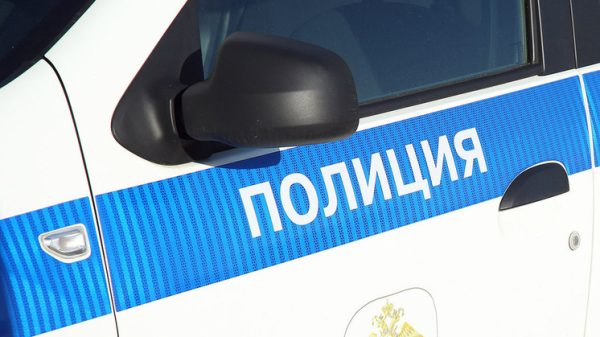





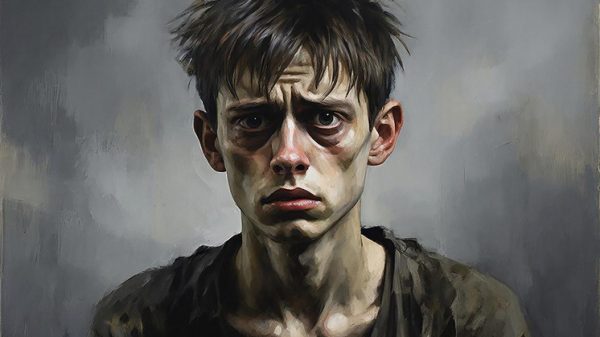


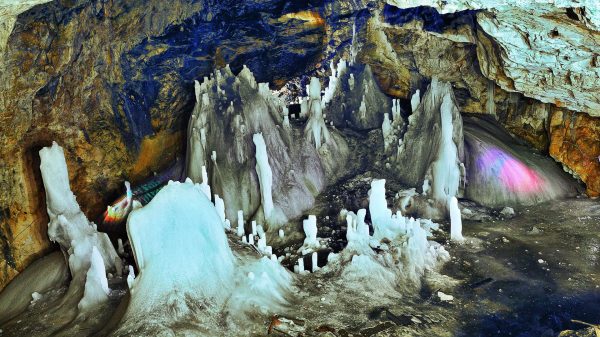
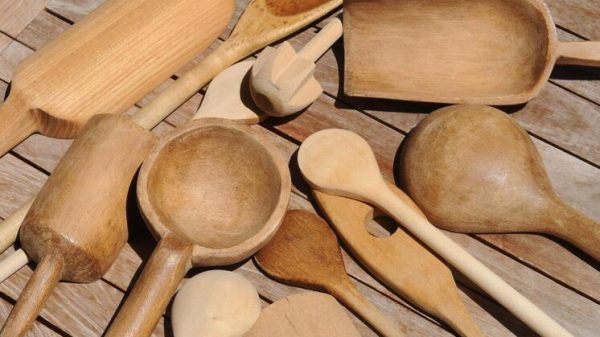

































Свежие комментарии